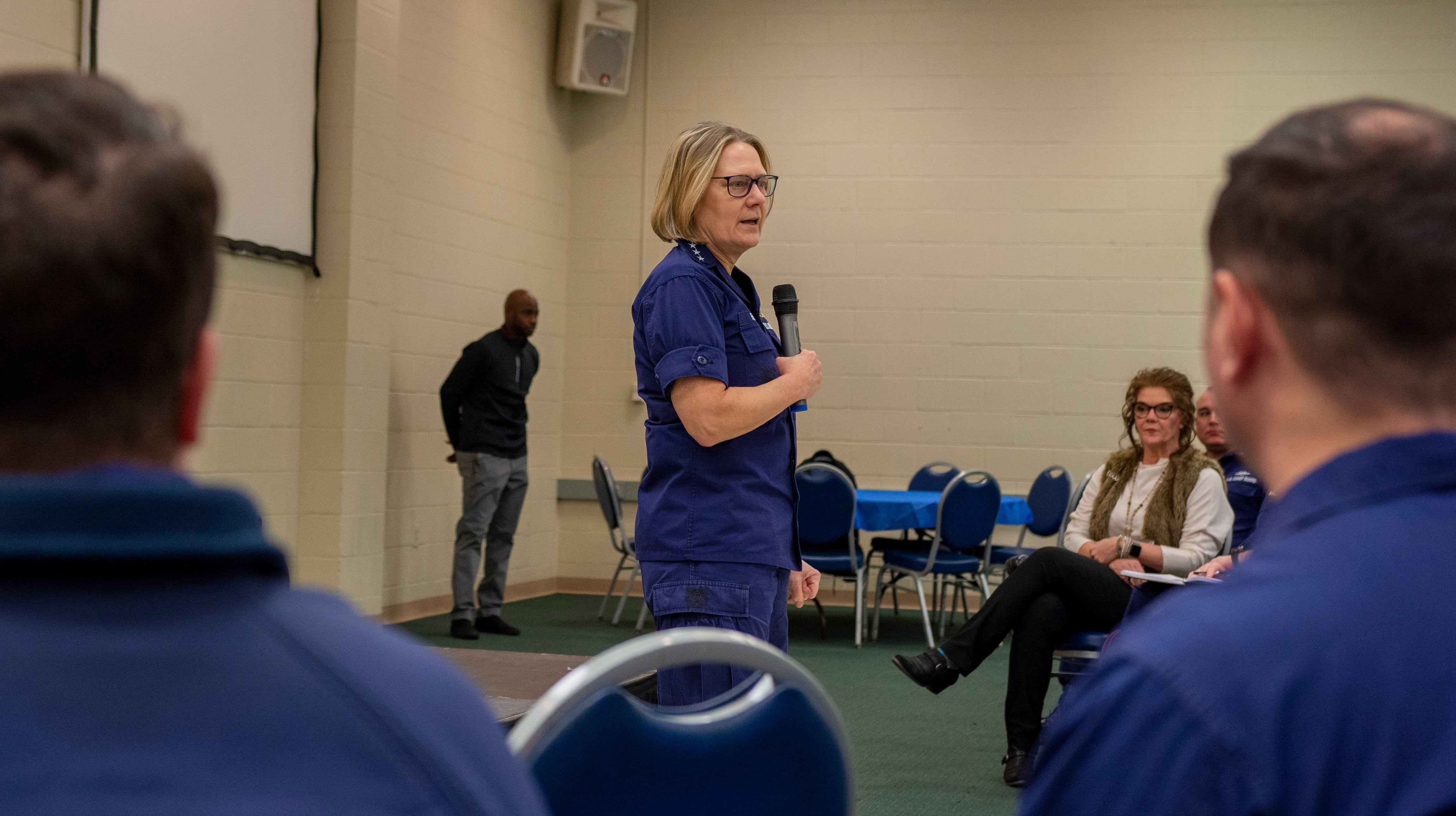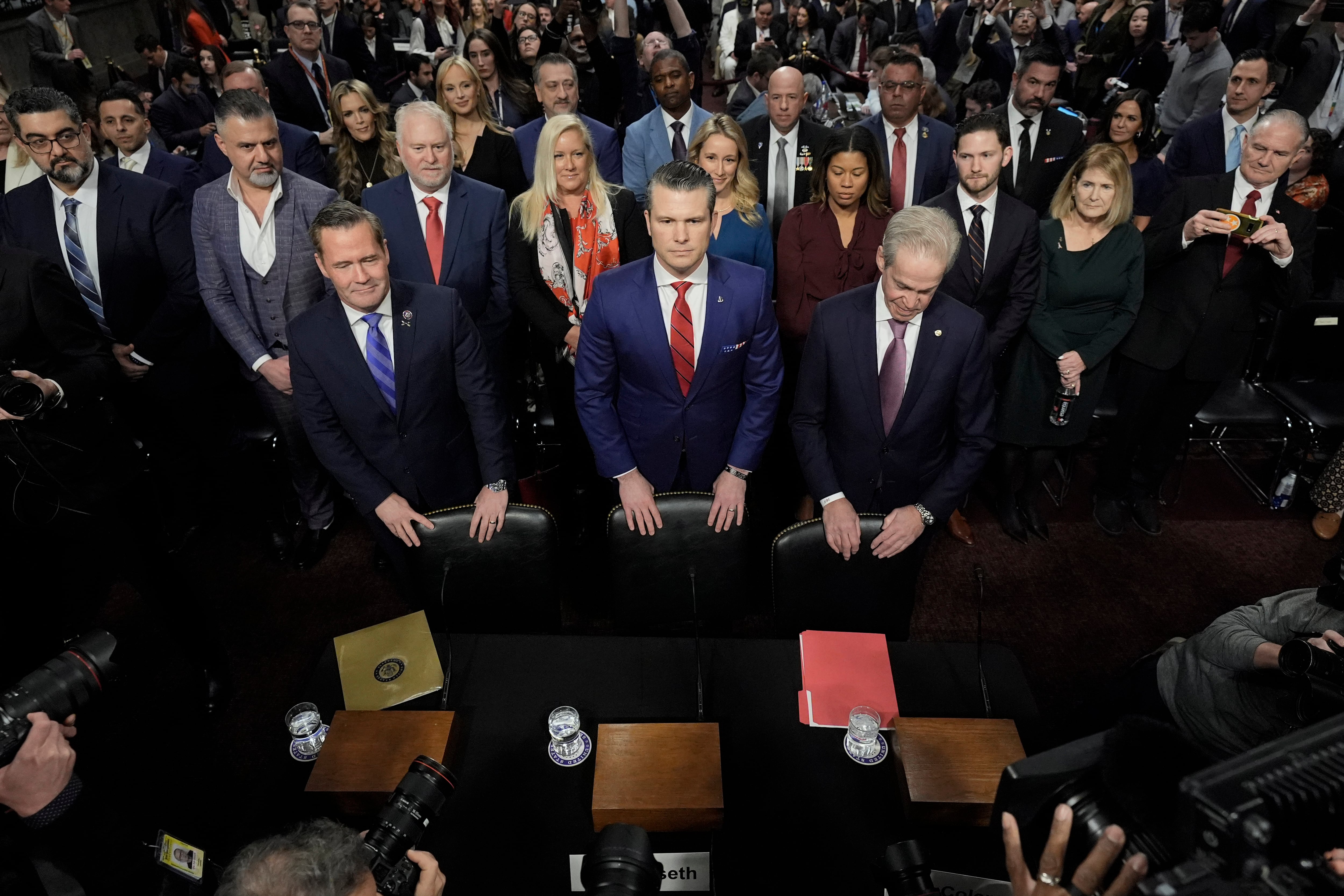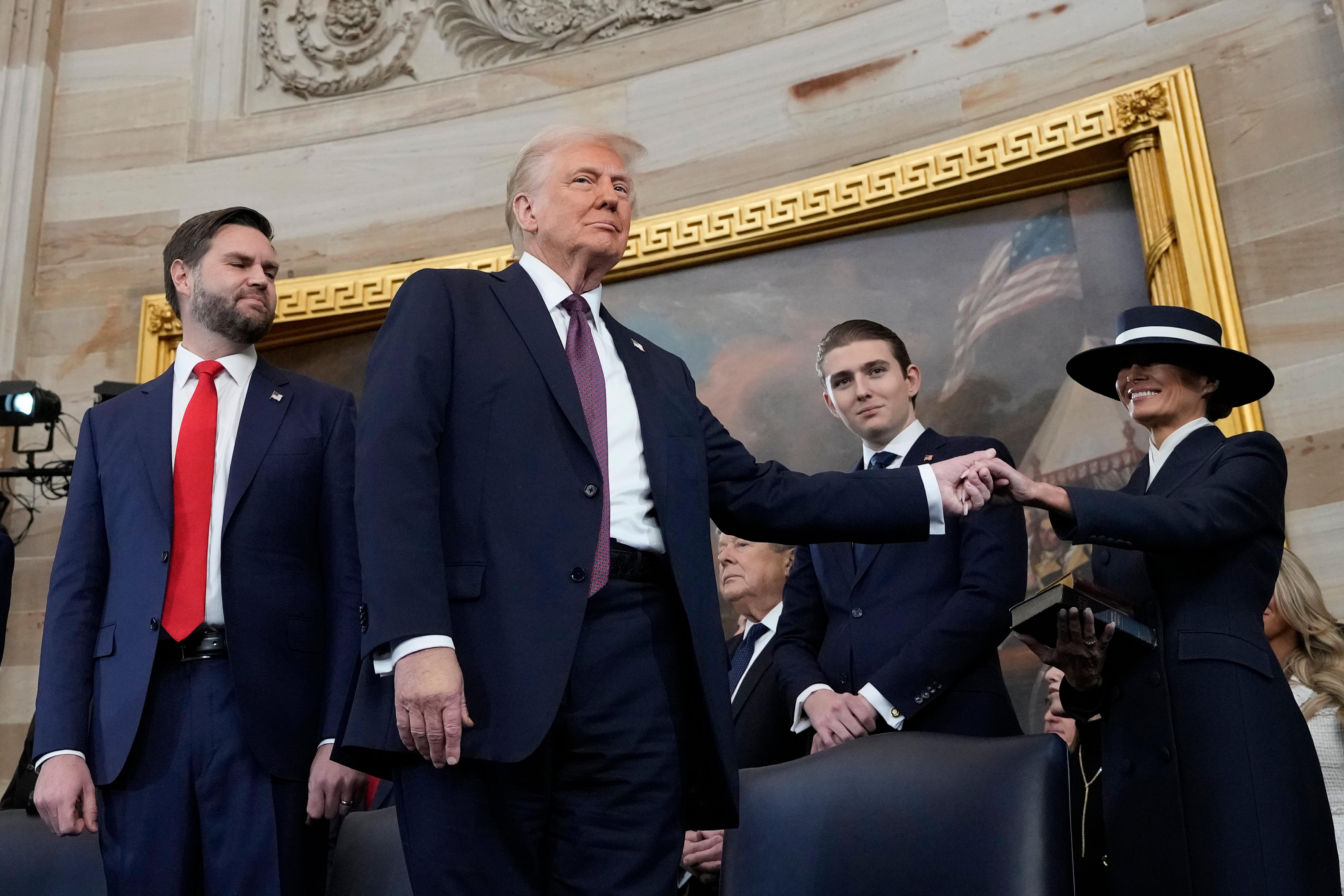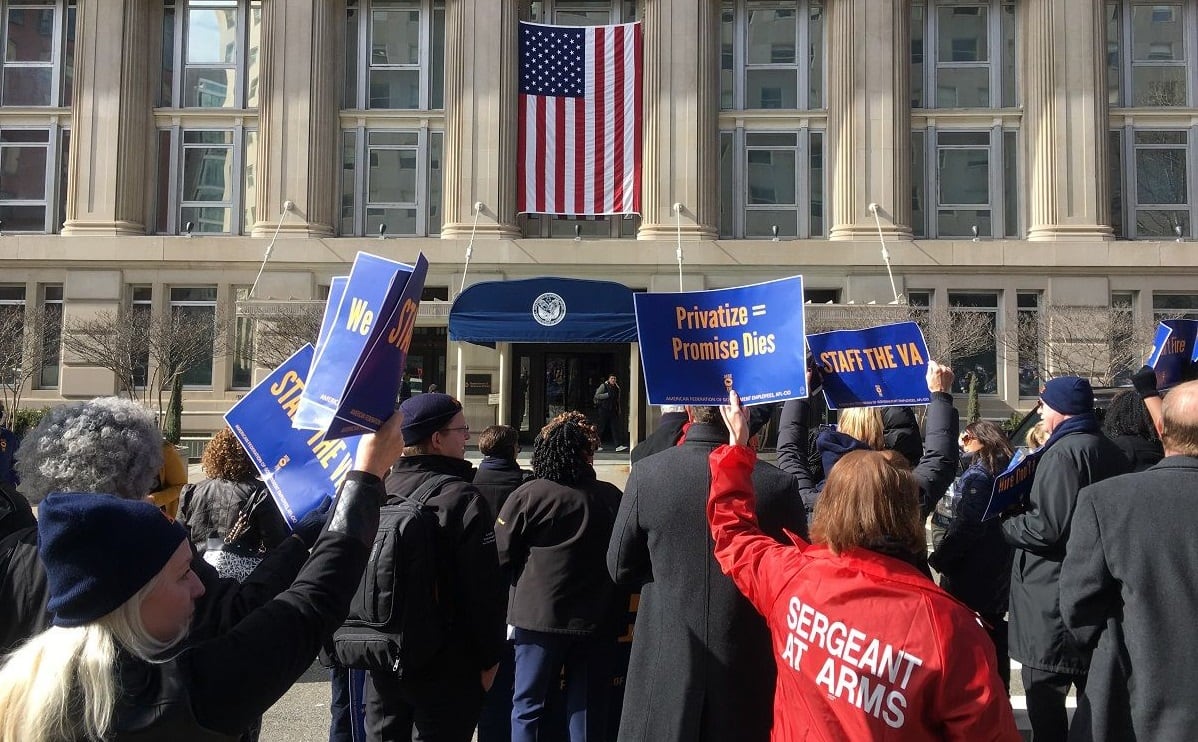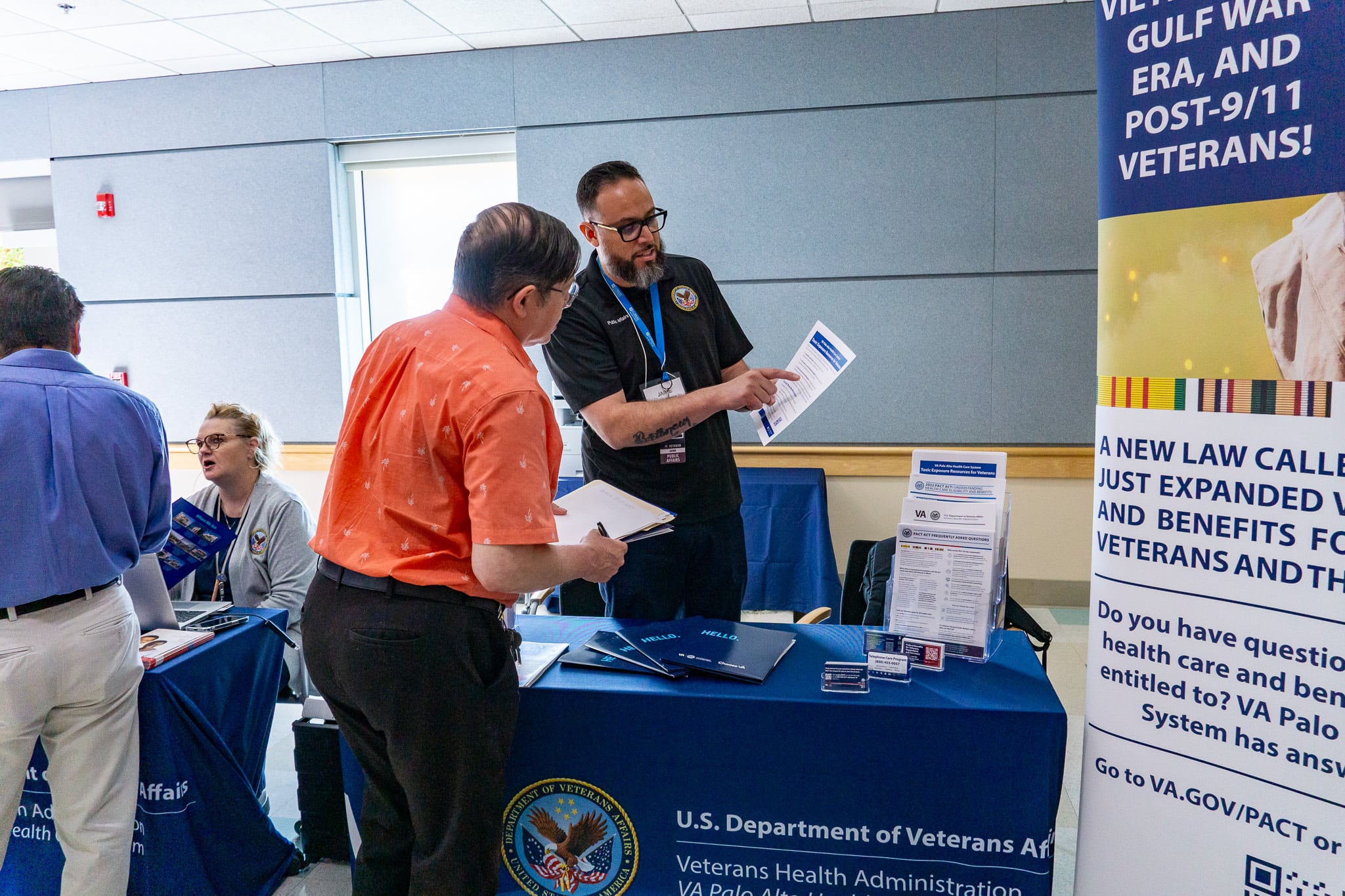BRUSSELS — NATO Secretary-General Jens Stoltenberg on Monday urged the 30 members of the world’s biggest military alliance to defend the rules-based global order and to champion democracy amid challenges from Russia and China.
In a speech laying out his vision of NATO for 2030, Stoltenberg said that the U.S.-led organization must become more political, particularly in the wake of the coronavirus pandemic, which exposed a lack of preparedness in many countries and severe weaknesses in their health systems.
“As we look to 2030, we need to work even more closely with like-minded countries, like Australia, Japan, New Zealand, South Korea, to defend the global rules and institutions that have kept us safe for decades,” Stoltenberg said during an online event.
He urged them to “stand up for a world built on freedom and democracy. Not on bullying and coercion.”
RELATED
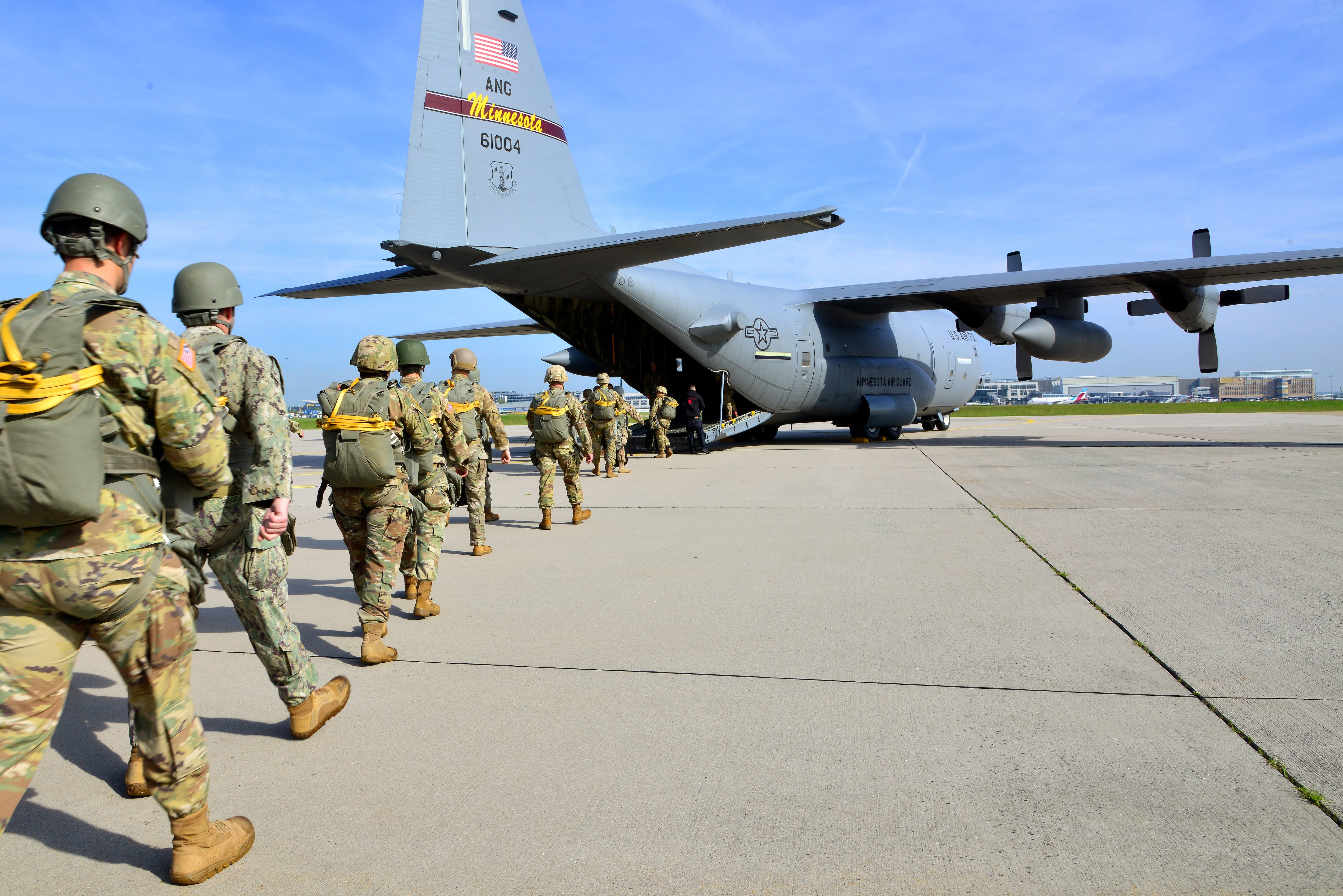
President Donald Trump has routinely berated U.S. allies in Europe and Canada for what he considers to be insufficient defense spending, and trans-Atlantic relations are at their lowest ebb for decades over his threats to slap tariffs on steel, aluminum or cars exported from Europe.
Trump has also pulled the United States out of the Paris climate agreement and the Iran nuclear deal and has threatened to cut funding to the World Health Organization, accusing it of being effectively controlled by China and misleading the world about the virus.
Stoltenberg said that “the challenges that we face over the next decade are greater than any of us can tackle alone. Neither Europe alone nor America alone. So, we must resist the temptation of national solutions.”
He added that the allies “must live up to our values, freedom, democracy and the rule of law.”
RELATED
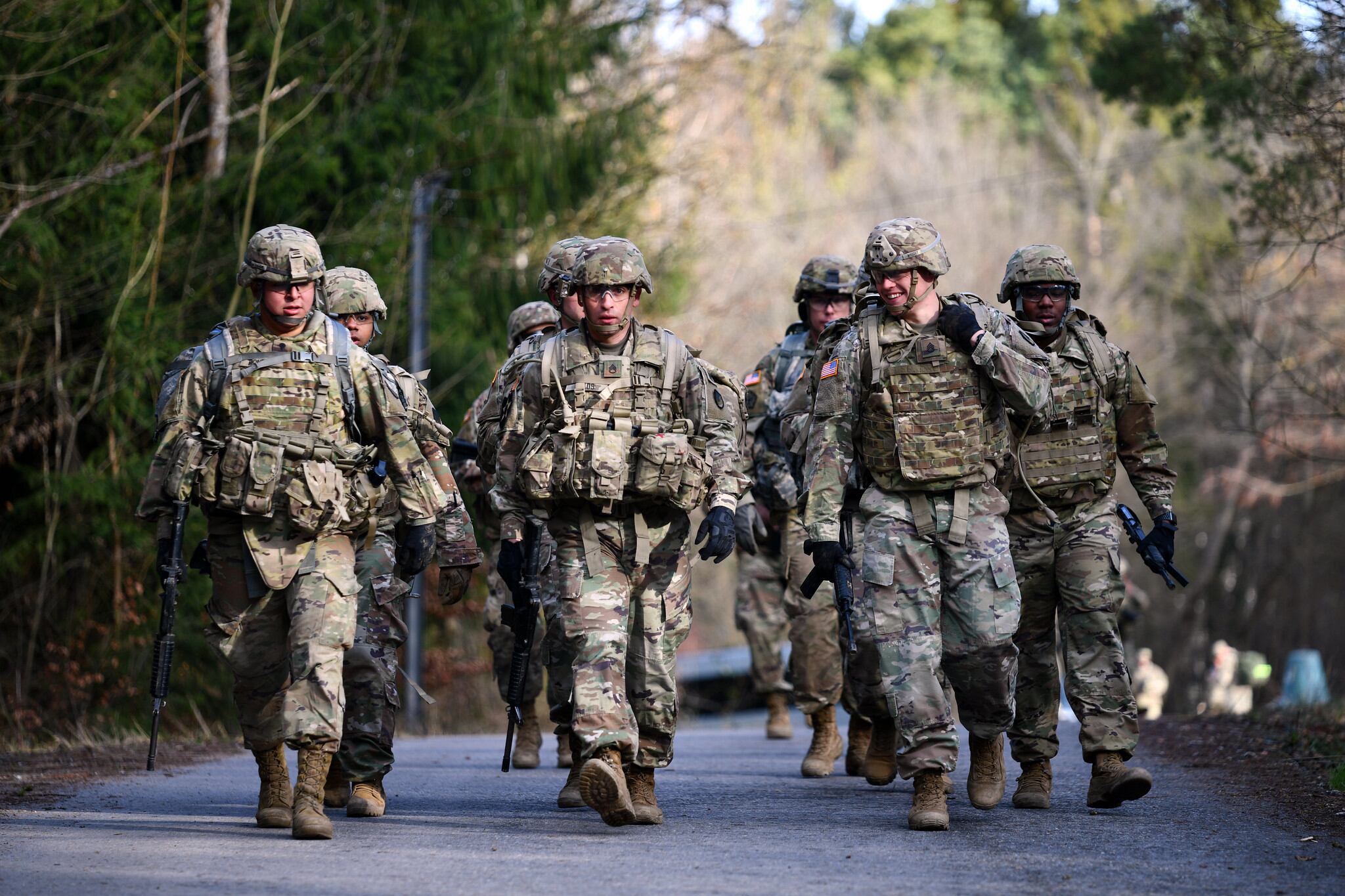
Stoltenberg said that Russia continues to develop new weapons, including recently a medium-range missile, while “the rise of China is fundamentally shifting the global balance of power,” and that the spread of the coronavirus has increased security tensions.
The disease has often been framed as a silent enemy and has killed hundreds of thousands of people on both side of the Atlantic, but the military alliance has only been able to play a limited role in combating it, compared with other multinational institutions like the United Nations and European Union.
Stoltenberg said the allies “need to use NATO more politically,” with military, economic and diplomatic resources to help strengthen societies and lessen their vulnerabilities to threats like the coronavirus or hybrid and cyber-attacks.

